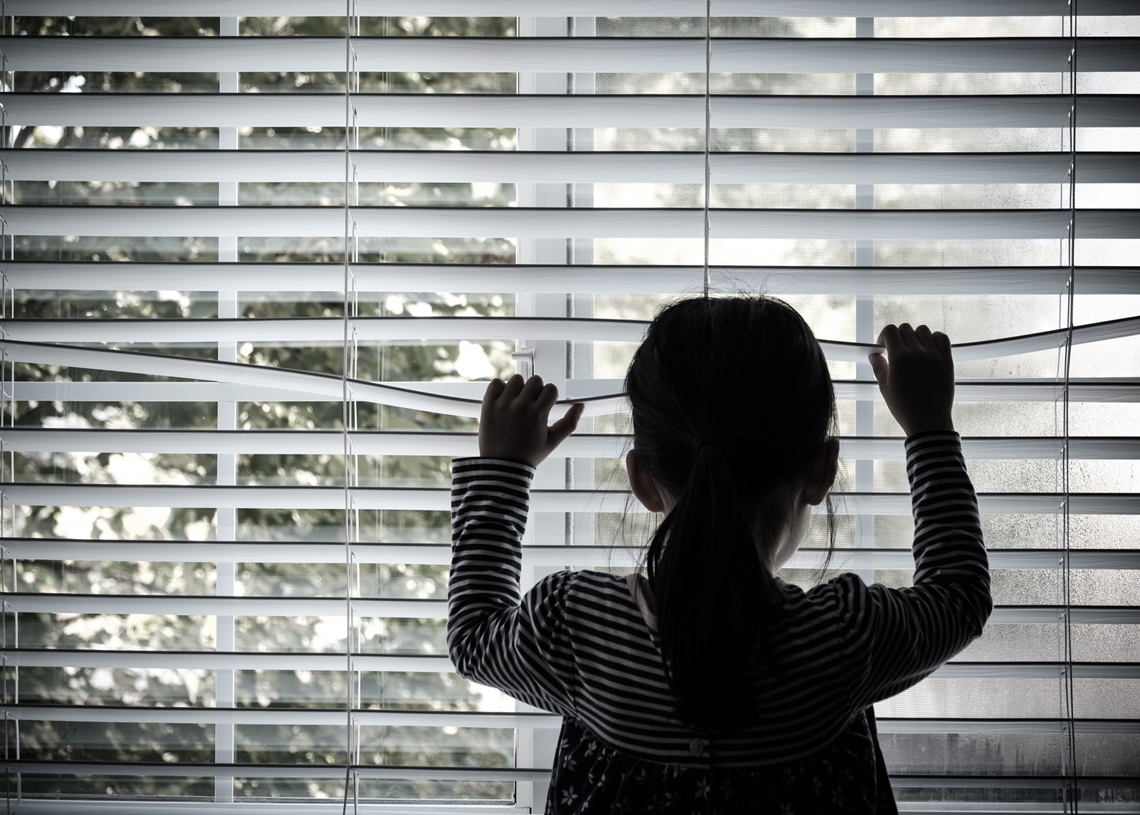Higher education institutions have adopted digital education during the coronavirus pandemic to help students continue with their studies. However, many experts believe this adoption will not take root and replace the traditional form of learning in these universities.
The disruption of coronavirus in education prompted a quick response meant to address the closure of colleges. Universities and colleges turned to online learning and adoption of new technologies were swift.
The higher education turning point
Speculation about whether this was the turning point for higher education from the current brick and mortar to online classes, all indications suggest probably not.
Vijay Govindarajan, a professor at Dartmouth’s Tuck School of Business, described the adoption of the technology as temporary. He continued by saying what we saw with most schools was not immigration to digital platforms. It involved lecturers acting swiftly in a span of eight days to put everything they do in a zoom class.
Digital migration
The planning and execution of a fully digital migration of classes would take more than a year. It would involve the orientation of students, upgrade of infrastructure to handle online classes and collaboration with instructional designers. Eric Fredericksen, associate vice president for online learning at the University of Rochester said this was not surprising that it would take such a long time to integrate the technology.
However, Dr. Fredericksen concedes that the coronavirus pandemic and migration to online classes will have a long-lasting effect in the education sector. University staff is now interacting with the technology at a higher rate and students are experiencing what it would like to have complete online-only learning.
Post pandemic, some universities will opt to integrate technology into their learning process. The blend of online and in-person training will be adopted by some universities in a bid to improve the college experience.
Challenges in digital migration
Another perspective offered on how the coronavirus will change the scope of higher education was that students will hate it. Bill Cope, a professor of education policy, said he anticipated the zoom classes to fail and students to hate the classes due to their reduced interaction for the person to person learning.
In fact, for schools that had some form of digital classes before the coronavirus pandemic, only 20 percent of students had a positive view of the learning experience according to research done by Eduventures in 2018.
Another research by OneClass also showed that as high as 75 percent of students who took part in the study said they did not think the online education they were receiving was quality enough.
Coronavirus pandemic will not cause a revolution in the higher education sector. However, it has triggered widespread usage of technology in the sector which will have a long-lasting effect. Universities will integrate some of the technologies they are using now in their classes.
Featured image by Pixabay







